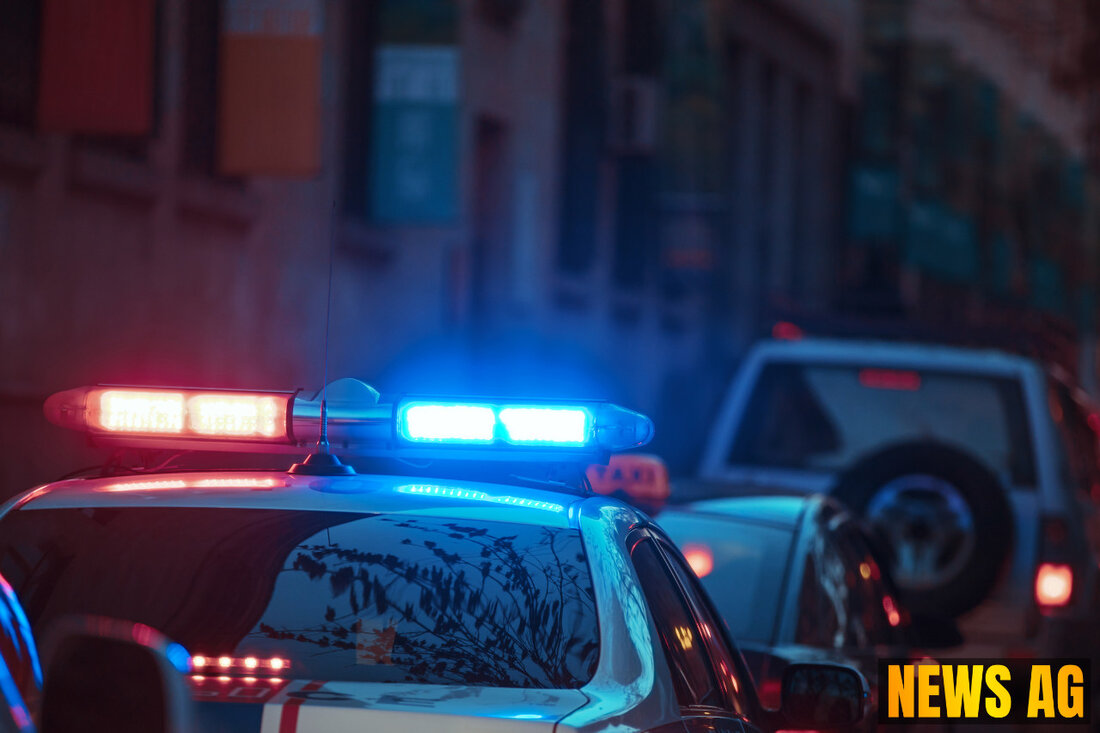South Florida's Jewish Community Turns to Firearms Amid Rising Threats
A Margate resident faces 25 years in prison for illegal firearm possession amid rising antisemitism and community concerns.

South Florida's Jewish Community Turns to Firearms Amid Rising Threats
In a strikingly tense atmosphere, the recent sentencing of John Lapinski is raising eyebrows across South Florida. Lapinski, a resident of Margate, has been handed a hefty 25-year sentence in federal prison for a series of serious firearm violations. His charges included possession of a firearm by a convicted felon, illegal possession of a bulletproof vest, and having an unregistered silencer. The investigation took a dark turn when police discovered a manifesto filled with antisemitic rhetoric linked to threats against Jewish community institutions and politicians, notably Congressman Jared Moskowitz. This case underscores the palpable concerns swirling within the local Jewish population regarding safety and security, especially in the wake of escalating antisemitism in the region, as reported by Cuba Headlines.
Before the hammer came down on Lapinski, Margate police were alerted to a shooting on October 31 that pointed investigators directly to him. A subsequent search revealed not just firearms but a manifesto detailing violent plans, igniting fears within the Jewish community that these might not be isolated threats but part of a troubling trend. Federal authorities have stressed the dangers posed by illegal weapons in the hands of individuals with such a serious criminal background.
The Rise in Antisemitism
Alongside these alarming headlines, the broader societal landscape in South Florida has become increasingly fraught. Following the tragic Hamas attack on Israel on October 7, 2023, antisemitism has surged in alarming proportions. Local firearm businesses have reported a spike in sales, particularly among Jewish customers now seeking self-defense options. Nathaneal Michon, a sales clerk at the Guns and Range Training Center in West Palm Beach, remarked on the rapid increase in interest for firearm training classes, which now require scheduling weeks in advance due to the influx of new customers. According to WLRN, this uptick is intimately tied to a disturbing rise in antisemitic incidents; the Anti-Defamation League reported a staggering 2,031 antisemitic incidents from October 7 to December 7, representing a 337% increase compared to the prior year.
This growing panic has prompted many in the Jewish community, who historically may have eschewed firearms, to reassess their view of self-defense. Devon Robbins, a member of this community, voiced a common sentiment: “More of us are looking to obtain concealed carry licenses as tensions rise.” This feeling of vulnerability seems to resonate broadly among the Jewish population in South Florida, fostering a new culture around personal safety.
Changes in Firearm Regulations
A landmark shift in Florida’s gun control policy—specifically the permitless carry law that went into effect in July 2023—has also played a crucial role. Though many assumed that this change would simplify access to firearms, experts maintain that the procedure for purchasing a gun, including background checks, has not been altered. Evan Cohen of the South Florida Armory noted that the flow of first-time buyers has surged to about seven or eight daily, as customers, many being Jewish, express increasing concerns over local violence.
Even with the new law allowing individuals to carry firearms without a permit, many customers are still opting for concealed carry licenses, seeing this as essential to their training. Michon emphasized this trend, noting that new customers frequently inquire about firearm laws and self-defense training, highlighting a shift in priorities for a community grappling with newfound fears.
As the violent incidents and antisemitic sentiments continue to escalate in South Florida, the actions of individuals like Lapinski serve as stark reminders of serious underlying issues. Residents are not just looking for ways to defend themselves; they are collectively questioning their safety and that of their communities as they navigate an increasingly tumultuous landscape.

 Suche
Suche
 Mein Konto
Mein Konto